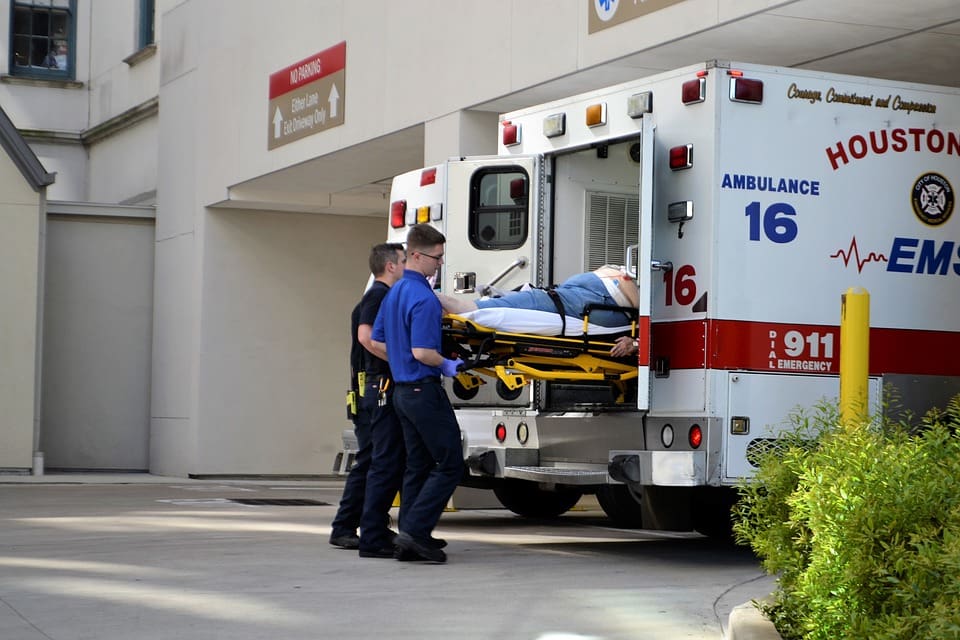Tying the hands of cities and counties won’t make the needs of Texans disappear
The Texas Senate and the Texas House are scheduled to vote as soon as this evening on Senate Bill 2, a misguided proposal that would limit the ability of cities and counties to decide how much to devote to parks, libraries, fire, police, paramedics, and other local services.
CPPP strongly opposed SB 2. Instead, we recommended that legislators concerned about low-income homeowners with unaffordable property taxes enact more targeted tax policies, such as flat-dollar homestead exemptions for cities and counties.
When Texas leaders boast about how our state is growing, they should remember that the cost of providing services is also rising. Cutting local governments’ ability to meet the needs of their residents is illogical, especially with the unpredictability of state and federal funding.
Under current law, local governments can choose to increase their property tax revenue (not including taxes from new construction) by up to 8 percent a year. This allows them to respond not only to demands by residents for better or expanded services, but also to mandates that the state imposes on cities and counties. If local leaders propose a tax increase larger than 8 percent, voters may petition for a “rollback election” that would “roll back” the proposed tax increase to the 8-percent ceiling. SB 2 would allow this threshold to remain in place for community colleges, hospital districts, and some other localities with a very low tax rate.
But SB 2 will force many cities, counties, and emergency services districts to hold an election if they want to raise property taxes by more than 3.5 percent above the previous year’s revenue. Some exceptions are made for certain expenses, such as legal defense and health care for very low-income residents, disaster recovery, or for $500,000 increases that don’t equate to more than 8 percent.
Even with these exceptions, though, CPPP is concerned about the long-term harm to city and county services, especially when law enforcement and other public safety spending already tend to take precedence. Squeezing city and county services is not the way to address property taxes. Texans need more sustainable sources of revenue for our schools, hospitals, parks, libraries, public safety professionals and more. Tying the hands of cities and counties won’t make the needs of Texans disappear.
When Texans vote locally for city, county, and other local officials, we are choosing by extension how much to pay for schools, public safety and other services. If voters disagree with the decisions of our local elected officials, they can choose to vote them out in the next election. This legislation suggests that state leaders don’t trust Texans to make the best decisions for our own communities.
